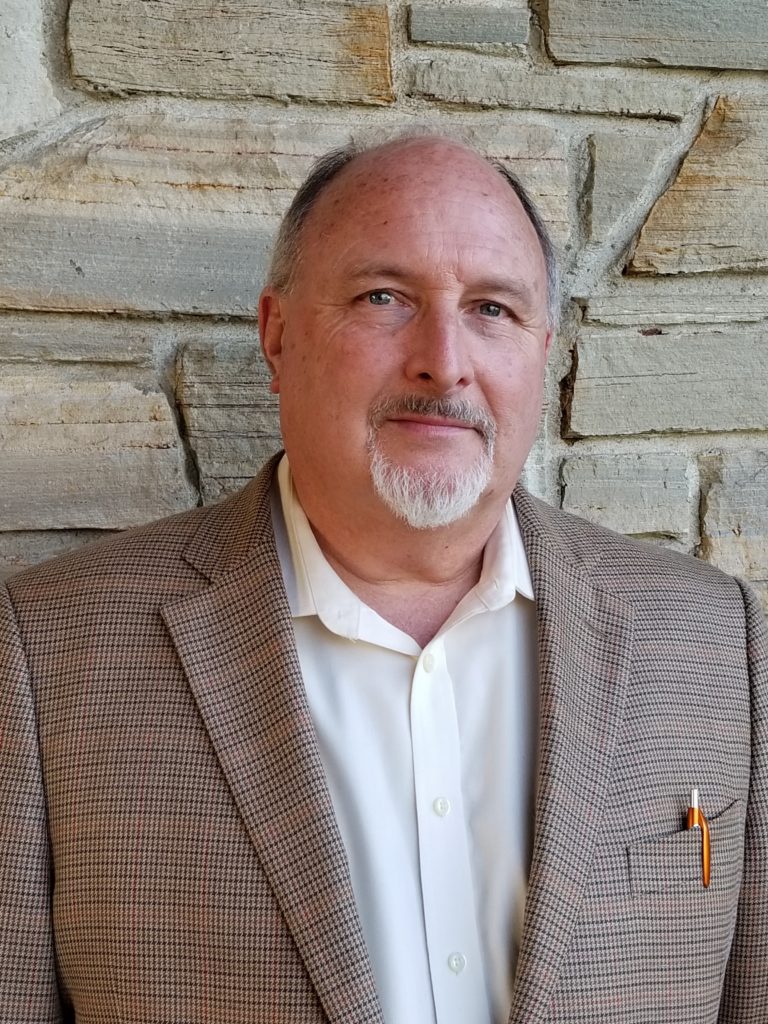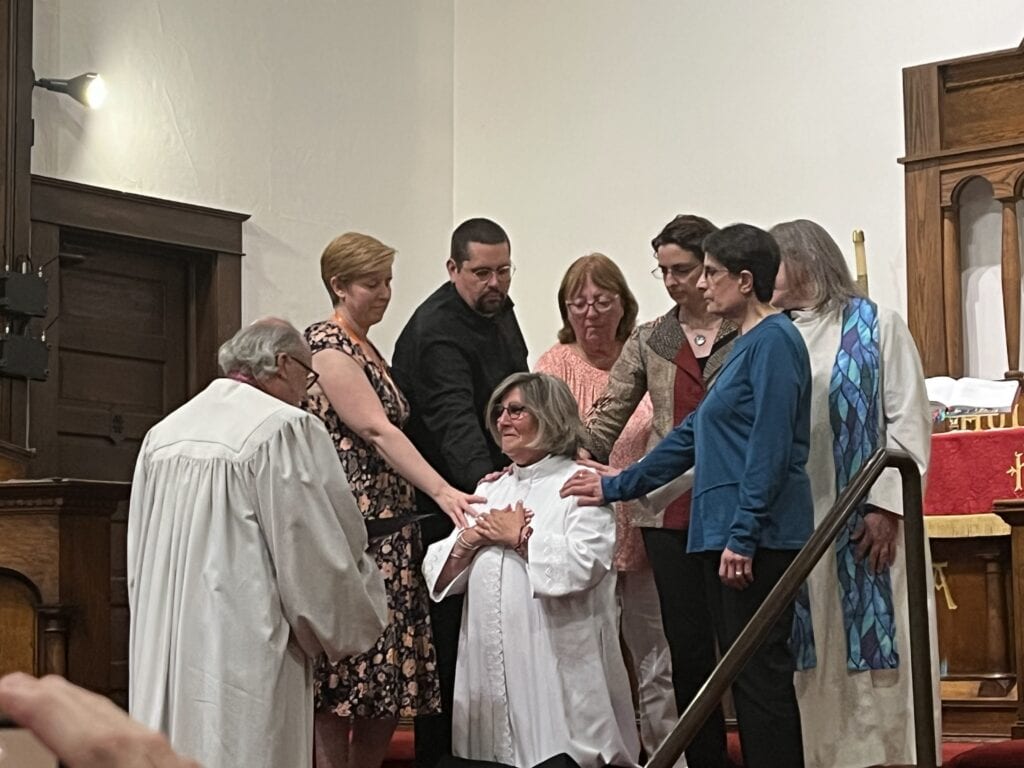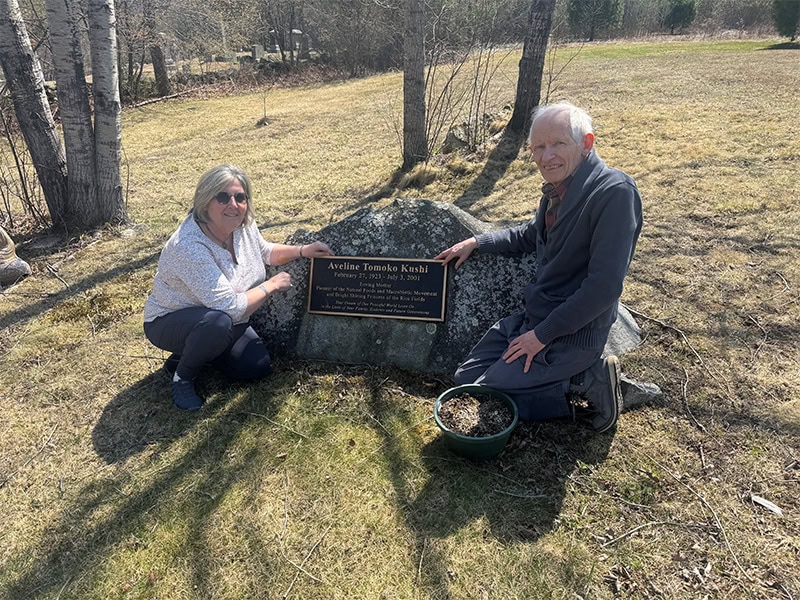Written by Jim Lawrence
Since Swedenborg plays an exceptionally influential role in our tradition, it is worth asking how he approached the matter of action in the social arena as part of his faith commitments. Though he did not address specific social issues in his theological works (explicit social justice theology as we know it today arises in the century after Swedenborg) and though there were compelling social problems in his world, not the least being an active slave trade, Swedenborg did nevertheless live a life of remarkable commitment to civic engagement, and his theology contains both foundation and vision for a social justice arc to help us today.
Due to his father’s own foremost role at the highest levels of the church and society, Swedenborg’s family became ennobled when he was thirty-one, and as the oldest surviving male child, Emanuel began serving in the Swedish Parliament at that early age. His contributions to government rose to a level of considerable significance, especially in the areas of economics and advocacy of a more democratic voice in government. He helped solve a national economic crisis in the early 1760s through his design and advocacy of a strict monetary policy regarding currencies. He also lived through decades of political unrest at the highest levels on the strength of an authoritarian monarchy versus an expanding democratic structure of the ruling government, and Swedenborg was noted as one of the most effective voices for an expanded democratic rule, which he based on the importance of freedom reigning more truly throughout the populace.
A part of this expanded democratic voice included the religious voice in the public square via his unwavering support for the legitimacy of the House of Clergy in Parliament. Though Swedenborg had resisted his father’s wish for him to undertake the life of a clergyperson, Swedenborg was known after 1760 as an author of religious writings, and so his participation in government during the latter phase involved a religious aspect in how his voice was heard. We can infer from all this that he viewed the religious voice as a crucial component in establishing public laws and policies.
If we have eyes to see, social justice foundations are built into Swedenborg’s theology. Love in action is central to regeneration, and such love always orients to the degrees of who is the neighbor to be loved. The national social order moves toward the larger scale of our true neighbor and thus very much entails civic engagement. Additionally, Swedenborg’s legendary engaged spirituality of usefulness certainly applies toward facilitating goodness in this larger degree of our neighbor, and that means social justice work. Finally, one way to locate love to the larger degrees of neighbor is through his concept of the maximus homo—the universal human. This is a profoundly social understanding of how we live deeply connected with everyone. Thus, love in action always must take the whole into consideration.
To conclude, Swedenborg participated at a high level in supporting a religious voice in civic affairs given the context of religion and government in his own times. Therefore, if we wish to consider Swedenborg as an example, we can say he provides encouragement for speaking and acting in the public square at a high level given the context of religion and society in our times.
Read the full issue of the March 2022 Messenger

Meet Rev. Dr. Jim Lawrence
Rev. Dr. Jim Lawrence has been the Dean of the Center for Swedenborgian Studies for over 20 years. He is the president-elect of the Swedenborgian Church of North America.



